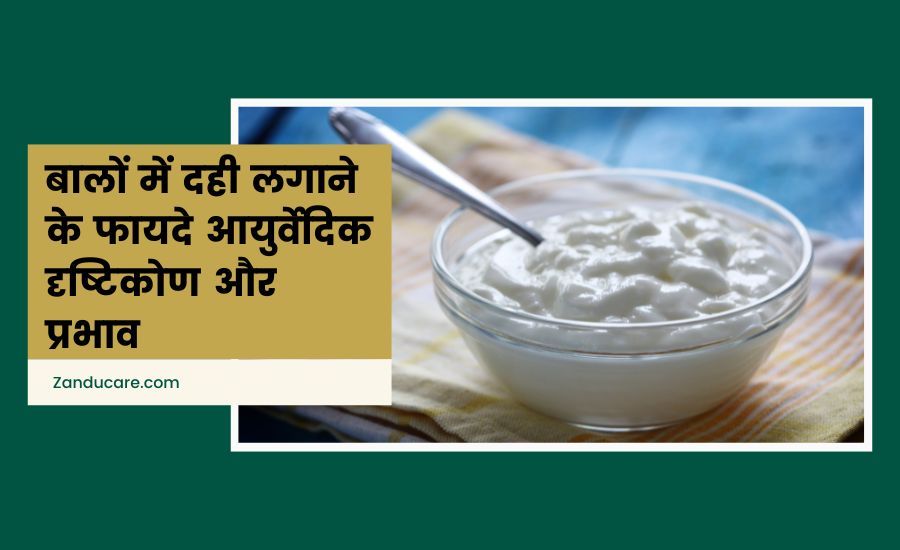
Cow Milk vs Buffalo Milk: Which is Better for Your Health?
An integral aspect of the Indian diet, milk supplies crucial nutrients and promotes general well-being. Cow and buffalo milk are the two most widely eaten milk types among the many available varieties. Buffalo milk is creamier and richer than cow milk, which is noted for having a lighter texture and being simpler to digest. This post compares the nutritional value and health advantages of the two milk varieties and the Ayurvedic viewpoint. Knowing these variations will enable you to choose the milk that best satisfies your nutritional requirements and overall health objectives.
|
Did you know?
|
Nutritional comparison of cow and buffalo milk

The breakdown of the approximate nutritional and caloric contents of 250ml of cow and buffalo milk is provided below.
|
Nutrient co-efficient |
Buffalo milk |
Whole Cow milk |
|
Calories |
243 |
150 |
|
Water |
83% |
88% |
|
Carbs |
12 grams |
12 grams |
|
Protein |
9 grams |
8 grams |
|
Fat |
17 grams |
8 grams |
|
Lactose |
13 grams |
11 grams |
Breakdown of varied nutrients in both cow and buffalo milk:
|
Nutrients |
Cow’s milk |
Buffalo’s milk |
|
Protein |
3.2-3.3% |
3.8-4% |
|
Fats |
3.5-4.5% |
6-7% |
|
Ash content |
0.72% |
0.82% |
|
Vitamin E |
2.1/100ml |
5.5/100ml |
|
Vitamin C |
0.94/100ml |
3.66/100ml |
|
Vitamin A |
0.14/100ml |
0.12/100ml |
|
Phosphorus |
29% of Daily Value (DV) |
41% of DV |
|
Magnesium |
6% of DV |
19% of DV |
|
Calcium |
32% of DV |
21% of the DV |
Health benefits of cow and buffalo milk
Both cow's milk and buffalo milk have a wealth of health advantages. Buffalo milk has a high peroxidase activity and can be kept for longer periods of time. Additionally, fresh cow milk must be drunk within a day or two. The following are the health advantages of both cow and buffalo milk:
Antioxidant properties
Because of its high concentration of bioactive components, vitamins, and minerals, milk is an antioxidant agent that can combat and neutralise free radicals that may negatively affect the body. It is said that the fat-soluble vitamins A and E found in milk have antioxidant qualities, which means they can prevent numerous illnesses.
Cow milk has an antioxidant content of about 40–42%, while buffalo milk has an antioxidant content of 56–58%. Due to its high concentration of monounsaturated polysaccharides, or MUFAs, buffalo milk is considered a powerful antioxidant.
Nutritional composition
Cow milk's nutritional composition is balanced, making it regarded as healthier than buffalo milk. Its proportions of protein, fat, and carbs are all in balance. Cow milk is better for those worried about fat consumption because it contains (3-4%) less fat than buffalo milk.
Supports bone health
Milk from cows and buffaloes is an excellent source of calcium, which is necessary for the development and growth of bones. Casein-derived peptides, found in milk, can potentially improve bone health, density, and formation while reducing the risk of bone loss and osteoporosis, a condition marked by weakened bones, low bone mass, and an increased risk of fractures. About 89% of the protein in buffalo milk and 80% in cow milk comprises casein.
Lower cholesterol content
Compared to buffalo milk, cow milk has less cholesterol. An increased risk of heart disease can be attributed to elevated cholesterol levels. Thus, people with high cholesterol should drink cow milk instead of buffalo milk.
Diabetic-friendly and improves heart health

Both Buffalo and cow milk have beta-lactoglobulin and whey protein, which lower high blood pressure. The beta-lactoglobulin suppresses the angiotensin-converting enzymes, which tighten blood vessels and raise blood pressure. Buffalo milk's high potassium content regulates blood sugar and blood pressure. Even those with diabetes may prefer buffalo milk because of its unsaturated fatty acids and low cholesterol levels, mostly linked to bettering heart and HDL health.
Less allergenic
Cow milk is less allergic than buffalo milk. Because of protein and fat composition changes, cow milk may result in less severe symptoms for those with lactose intolerance or milk allergies.
Digestibility
When it comes to digestion, cow milk is simpler than buffalo milk. Cow milk has fat globules that are smaller in size, which facilitates digestion. Buffalo milk has bigger fat globules that make it more difficult to digest, particularly for people with digestive problems like lactose intolerance.
Ayurvedic perspective on cow milk vs. buffalo milk

From an Ayurvedic perspective, cow and buffalo milk have distinct qualities and benefits. Ayurveda, the ancient Indian system of medicine, emphasises the importance of understanding one's unique body constitution, known as doshas when choosing food and drink. According to Ayurveda, cow milk is considered lighter and easier to digest. It is especially beneficial for individuals with a predominant Vata dosha, as it helps to balance the dryness and lightness associated with Vata.
Cow milk is also known for its cooling properties, making it suitable for calming Pitta dosha, which is characterised by heat and intensity. Its sweet taste and soothing nature make it a preferred choice for promoting overall health and longevity.
On the other hand, buffalo milk is heavier and more nourishing. It is often recommended for individuals with a predominant Kapha dosha, as its richness helps to balance Kapha's cool and damp qualities. Buffalo milk's high-fat content provides more energy and is beneficial for building strength and muscle mass.
Both milk types have unique advantages, and Ayurveda encourages mindful consumption based on one's individual constitution and health needs. By understanding these differences, individuals can make informed choices that align with their body's requirements.
Conclusion
Ayurveda highlights the distinct advantages of both cow and buffalo milk. Cow milk is perfect for balancing the doshas of Vata and Pitta since it is lighter, easier to digest, and cooling. Its calming qualities encourage longevity and general well-being. On the other hand, Buffalo milk is richer and more nourishing, making it ideal for people with a strong Kapha dosha. Its high-fat content promotes muscular growth and gives you energy.
Cow milk is suggested for those looking for cooling qualities and ease of digestion. People who require more energy and nutrition may like buffalo milk. Ayurveda advises making decisions according to one's physical makeup and medical needs. Knowing these distinctions will help you choose the milk that best suits your nutritional needs and health objectives.
FAQs
1. Which milk is better for weight loss: cow milk or buffalo milk?
Cow milk has less fat and calories than buffalo milk, making it a superior choice for weight loss. It is also a better choice for people trying to cut calories and maintain a healthy weight because of its lighter consistency and simpler digestion.
2. Is buffalo milk good for heart patients?
Compared to cow milk, buffalo milk has more fat and cholesterol, which makes it less suitable for people with heart problems. Since it is generally recommended that individuals with heart disease consume low-fat dairy products, cow milk or its substitutes, such as almond or soy, may be better choices.
3. Can lactose-intolerant people drink buffalo milk?
Most lactose-intolerant people are unable to digest the lactose present in cow and buffalo milk. Therefore, they should avoid buffalo milk or choose lactose-free milk substitutes.
4. What are the Ayurvedic benefits of cow milk?
In Ayurveda, cow milk is praised for nourishing tissues, enhancing immunity, and balancing Vata and Pitta doshas. It is considered sattvic, promoting calmness and spiritual growth. Its cooling, soothing nature supports overall health and longevity.
5. How does the fat content differ between cow milk and buffalo milk?
Buffalo milk's fat content is substantially higher than that of cow milk. Cow milk typically contains 3-4% fat, whereas buffalo milk has about 7-8% fat. Buffalo milk has more fat, which makes it richer and higher in calories.
6. Which milk is better for children: cow milk or buffalo milk?
Because cow milk is easier to digest and has less fat, it is often a healthier option for kids. It is appropriate for their growth and development since it gives them the necessary nutrients without too taxing on their digestive systems.
7. Is cow milk or buffalo milk better for making yoghurt?
Buffalo milk is better for yoghurt because its higher fat content results in thicker, creamier yoghurt. The richness of buffalo milk produces a more luxurious texture, while cow milk yoghurt is lighter and less dense.
8. Can cow milk and buffalo milk be used interchangeably in recipes?
Although cow and buffalo milk can be used interchangeably in recipes, the final product may differ due to fat content and consistency variances. The creaminess of buffalo milk may enhance recipes, but the lighter texture of cow milk may provide a less thick product. It could be necessary to make adjustments.





